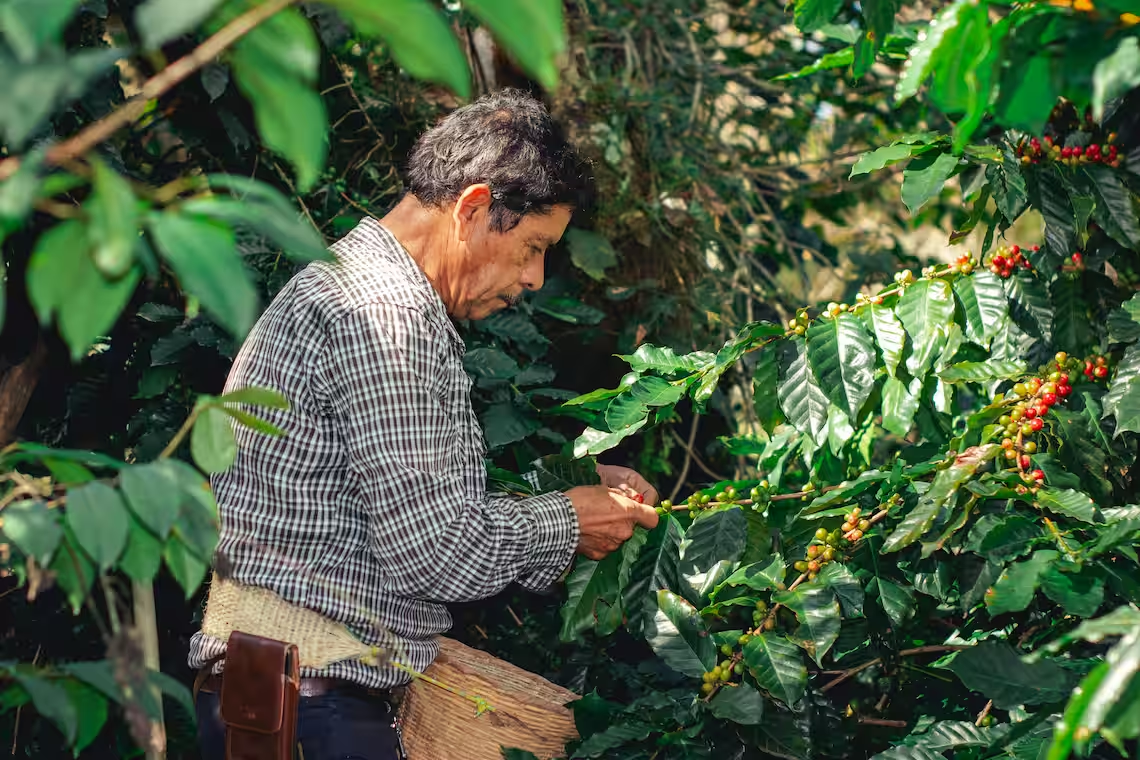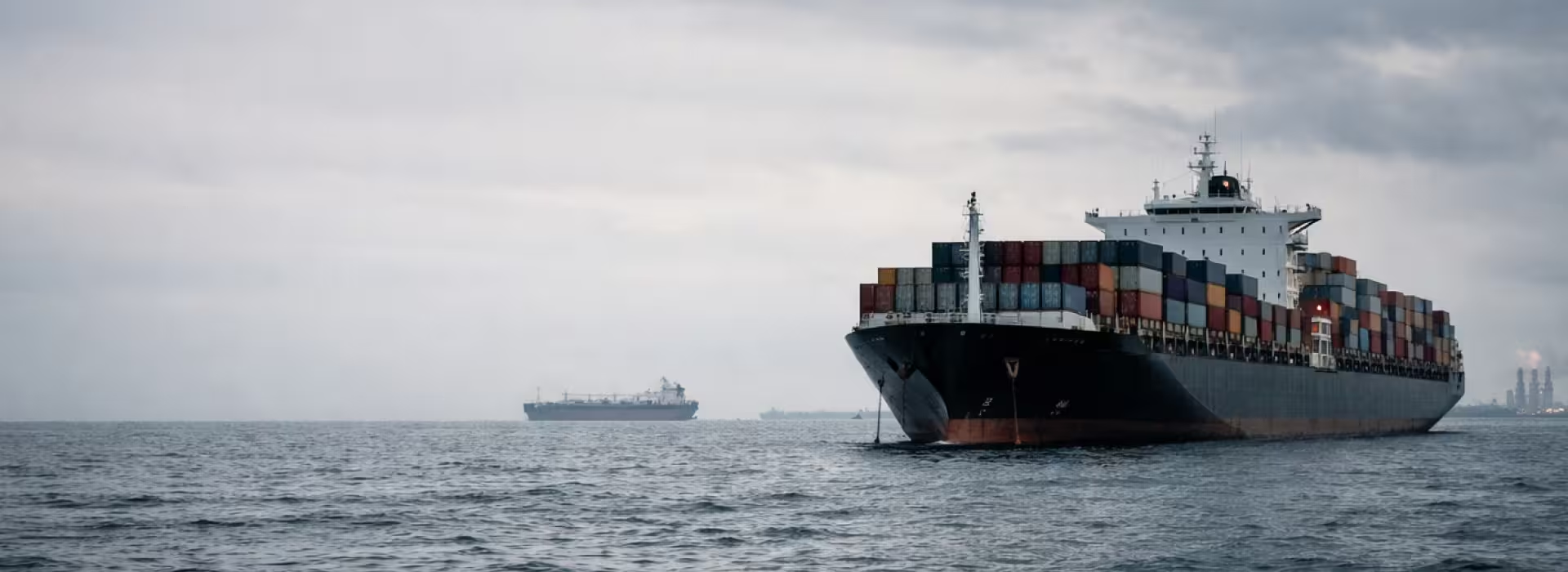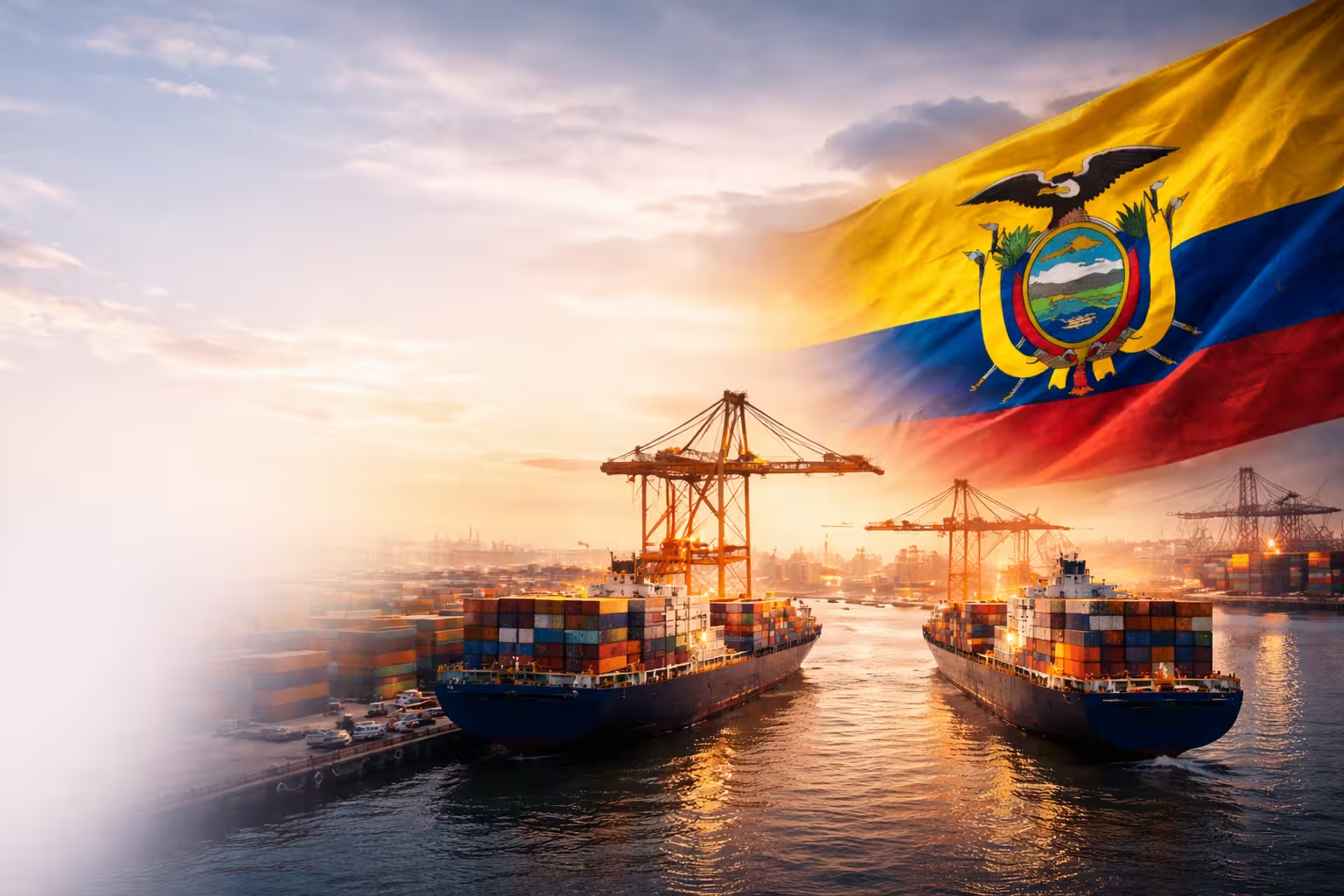

During August, coffee imports from Brazil to Colombia rose by 578%, reaching over 113,000 60-kg bags, according to data from the National Federation of Coffee Growers (FNC).¹
This increase is partly due to the new 50% tariffs imposed by the United States on Brazilian coffee, while Colombian coffee maintains a 10% rate. This change has altered trade flows in the region and is generating unexpected movements in both origin and destination markets.¹

For the FNC, the massive influx of foreign coffee poses a risk to the identity and traceability of Colombian Coffee, a product with a designation of origin and high reputational value.¹ The main concern lies in the possibility of blends or triangulations that dilute the origin of Colombian coffee and affect its international recognition.²
From a logistical and commercial standpoint, this phenomenon highlights how adjustments in tariff policies and international trade tensions can directly impact import flows, product competitiveness, and customs management in producing countries
The Federation has called for stronger controls on entry, registration, and traceability, ensuring that each operation maintains transparency in the origin and destination of the beans.¹
Although the situation could open an opportunity for Colombian coffee to gain ground in the U.S. market, the industry warns that the country does not have sufficient inventories to respond to a sudden increase in demand.² In a global environment where regulatory changes are immediately reflected in supply chains, this situation reaffirms the importance of having solid logistics processes, documentary traceability, and strategic partners that guarantee the integrity of each operation.

Implications for the Logistics Sector
The case of Brazilian coffee is a clear example of how trade decisions between powers—such as the United States and Brazil—affect intermediate markets like Colombia, both in its role as producer and importer.¹ The increased flow of coffee into the country implies greater pressure on ports, customs, and inspection systems, requiring optimization of load planning, inventory management, and origin documentation.²
Additionally, logistics operators must stay alert to new patterns in merchandise movement, as tariff variations can quickly change traditional routes.
Ensuring complete traceability, from the country of shipment to the distribution point, becomes a critical factor in maintaining consumer and international market trust.²In this context, having certified logistics partners with international experience is key to efficiently navigating the new dynamics of global trade, protecting brand reputation, and ensuring the legality and quality of each operation.
Sources:

